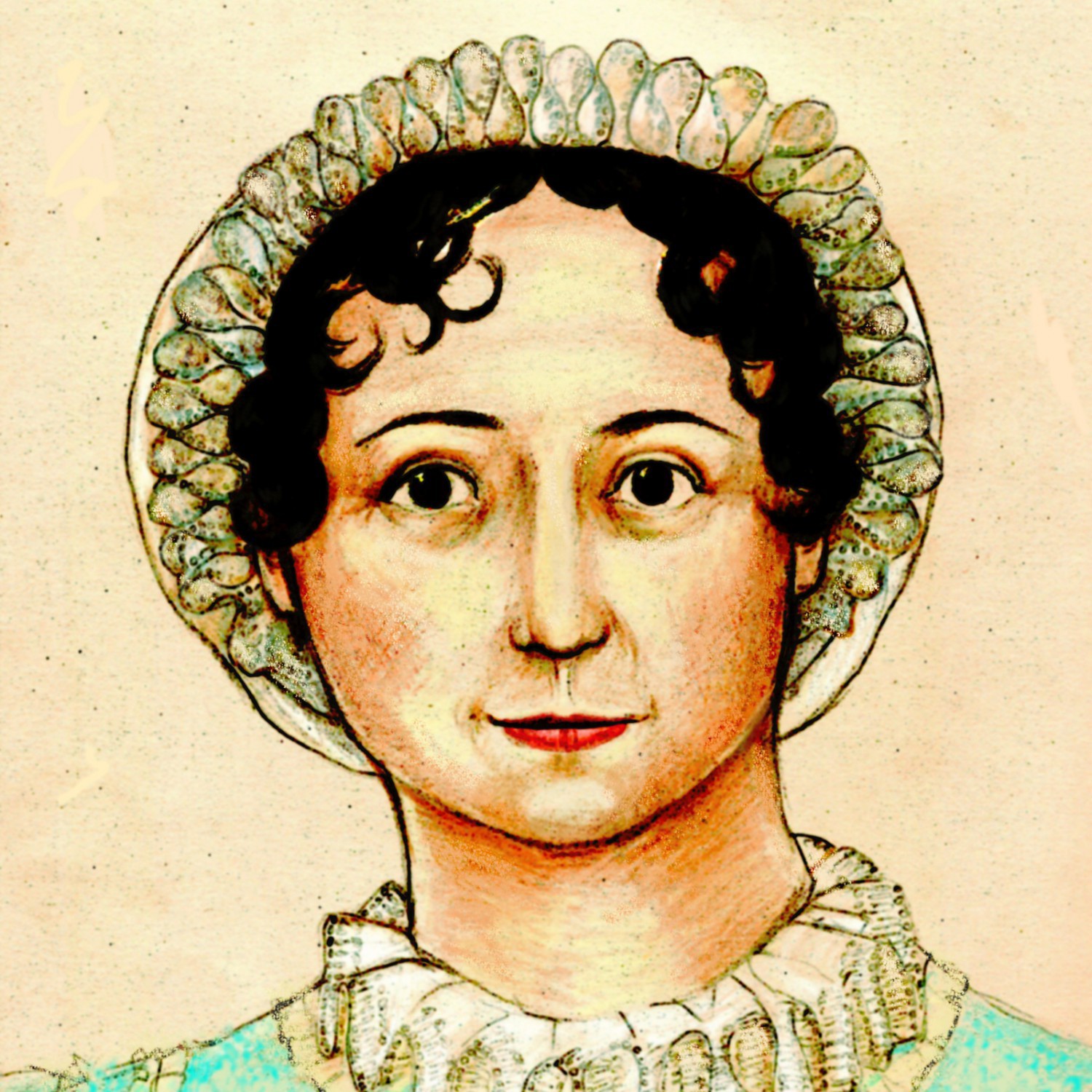 “Pictures of perfection make me sick & wicked.” — Jane Austen
“Pictures of perfection make me sick & wicked.” — Jane Austen
Even though he might look like perfection onscreen, my most beloved Mr. Darcy is a flawed and complex character. It is a testament to Austen’s genius that a character that spent so little time actually speaking has been the subject of so much fascination — and fiction — down through the years. Pamela Aidan, with her trilogy of stories entitled A Novel of Fitzwilliam Darcy, Gentleman, brings us her charming and satisfying vision of Pride and Prejudice, seen from Darcy’s perspective. Her first volume, An Assembly Such as This, covers the time between the assembly at Meryton and Darcy’s arrival back in London after the Netherfield ball.
I would imagine staying within the boundaries present in retelling a great work is a difficult path to walk. One cannot wildly contradict the novel without earning the disgust of people who have read and loved the original work. New characters must be introduced, else the readers will be bored. Pivotal scenes must be included again, but must be retold differently — improving upon Austen just isn’t going to happen, so the differences need to be distinct and unforced. Most importantly to me, the characters imagined by Austen must ring true. Please don’t give me a suddenly circumspect Lydia or a swooning Elizabeth, and never, ever give me a heckuva nice Darcy whose only fault is shyness. Happily, Aidan succeeds in all these areas.
Aidan’s Darcy begins as a man serenely confident in his superiority to his lessers. Though he remains quite worried for Georgiana after the near disaster at Ramsgate the previous summer, that event cemented his view of his and others’ rightful places in society. He is quite dismissive of the notion that the disturbingly fascinating Elizabeth Bennet would be uninterested in a distinguished gentleman such as himself. But as the story progresses, we see him unsuccessfully downplay his attachment to her and compromise his integrity by conspiring with Caroline to lie to Charles. As the novel ends, Darcy is irritable and discontented and lonely.
Aidan provides Darcy with new friends and servants. She brings us Fletcher, Darcy’s Shakespeare-quoting, astute valet. In another time Fletcher could have been Darcy’s equal and friend, but in Regency England they are firmly established as master and servant. These two intelligent and charismatic men manage a sort of relationship of allowed yet unacknowledged manipulation that is great fun to have a peek at. I wouldn’t have minded Fletcher being wrong once in awhile, but I enjoyed him all the same.
We also meet the charming and somewhat mysterious Lord Dyfed Brougham, a school-mate of Darcy’s whose brilliant mind hides behind the facade of a “charming fribble.” He can go toe to toe with Darcy in a way Bingley never could, and serves alternately as his confidant and inquisitor.
The novel certainly isn’t perfect: perhaps Aidan has included too many historical details in her eagerness to establish the novel firmly in Regency England, her prose tends toward wordiness, and I’m not sure a man of that time would have been quite so introspective. But these are small issues, and never served to seriously distract from my enjoyment of the book. The editing issues that plagued her self-published edition have vanished, at least to my non-copy-editor eye.
I have enjoyed this work since it was first published as on-line fan fiction, then self-published, and now published by Touchstone. Aidan has given us an enjoyable and believable view of Pride and Prejudice from Darcy’s perspective. Fans of the novel will be delighted by this respectful and intriguing companion to Austen’s masterpiece.
